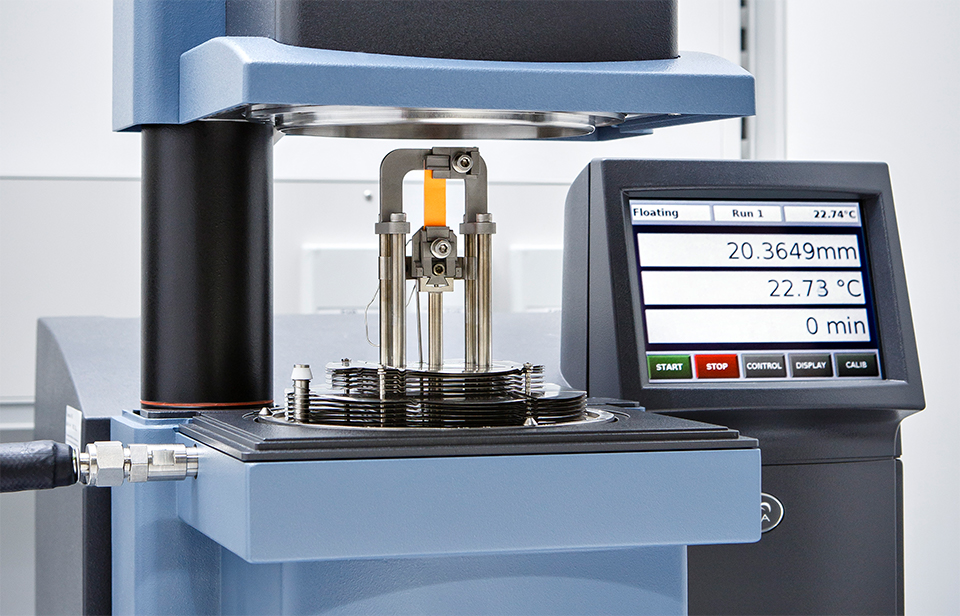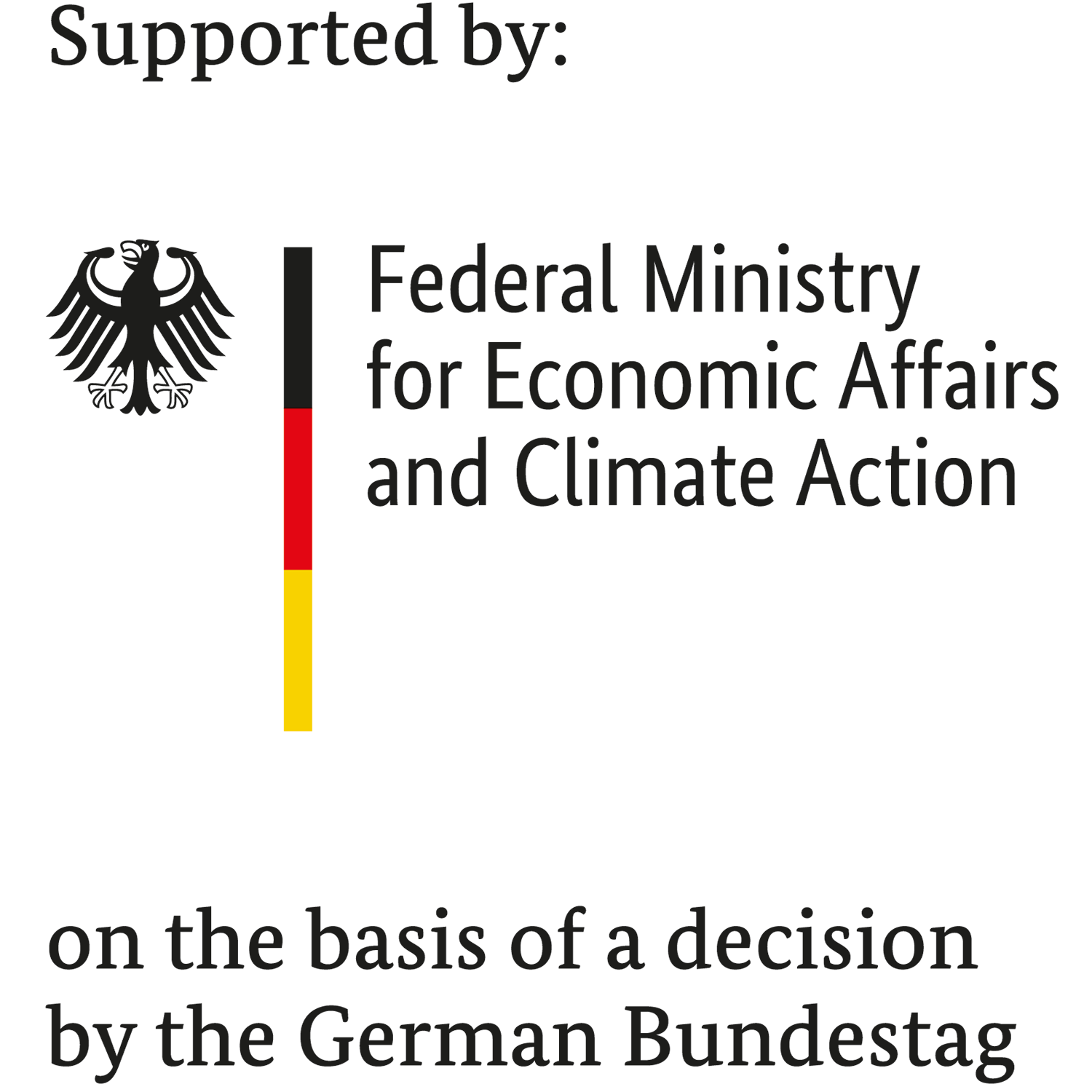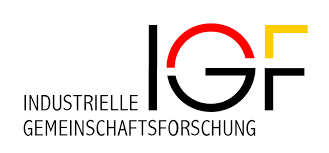Modeling the material behavior of PEM


The reliable use of fuel cells in motor vehicles and stationary power plants on the one hand, and electrolysers for the production of hydrogen from electricity on the other, are cornerstones of the future sustainable energy sector. Polymer electrolyte membranes (PEM) are used in both systems, and their durability has a significant influence on the service life of fuel cells and electrolysers. Modeling the material behavior of PEMs under thermal and hygric loads contributes to increasing the service life of fuel cells. In the “PEMPAR” research project, we are developing a measurement methodology for parameterizing models for simulating the effects of temperature and humidity as well as the mechanical loads on PEMs. The data gaps regarding material behavior and missing test specifications are being closed, and the testing and inspection times for PEM, fuel cells, and electrolysers are being reduced.
The simulation of the material behavior of PEM under thermal and hygric loads helps to avoid critical load conditions, increase service life, and provide material developers with digital tools for efficient optimization of their products.
The German government's hydrogen initiative promotes the use of fuel cells and electrolysers and is forcing manufacturers to develop longer-lasting PEMs to ensure the required service life in transportation and fuel cell combined heat and power plants. The necessary tests are time-consuming and costly and require field trials and simulations.
The “PEMPAR” research project for recording and parameterizing the time-dependent material behavior of polyelectrolyte membranes under hygrothermal conditions aims to facilitate the design of polyelectrolyte membranes. We specialize in the development of material models and the creation of material data for the parameterization of these models. The focus is on time-dependent water absorption, thermal and hygric coefficients of linear expansion, and viscoelastic material properties, taking into account creep behavior under various humidity and temperature conditions.
The aim of the project is to facilitate access for SMEs to finite element simulations for material selection, design, and service life prediction.
We are developing a concept for the specific selection of material models, measurement methods for determining characteristic values, and parameterization guidelines. Manufacturers of PEM, stacks, and fuel cells, as well as simulation and measurement service providers, will benefit from this. The results will be incorporated into new test standards and will improve the resource efficiency of fuel cells and electrolysers for hydrogen production.


PEMPAR – Recording and parameterization of the time-dependent material behavior of polyelectrolyte membranes under hygrothermal loads
May 1, 2024–April 30, 2026 (24 months)
Industrial Collective Research project number: 01IF23180N, FVV M0921, ELANO ID 10316
Research associations FVV e.V.